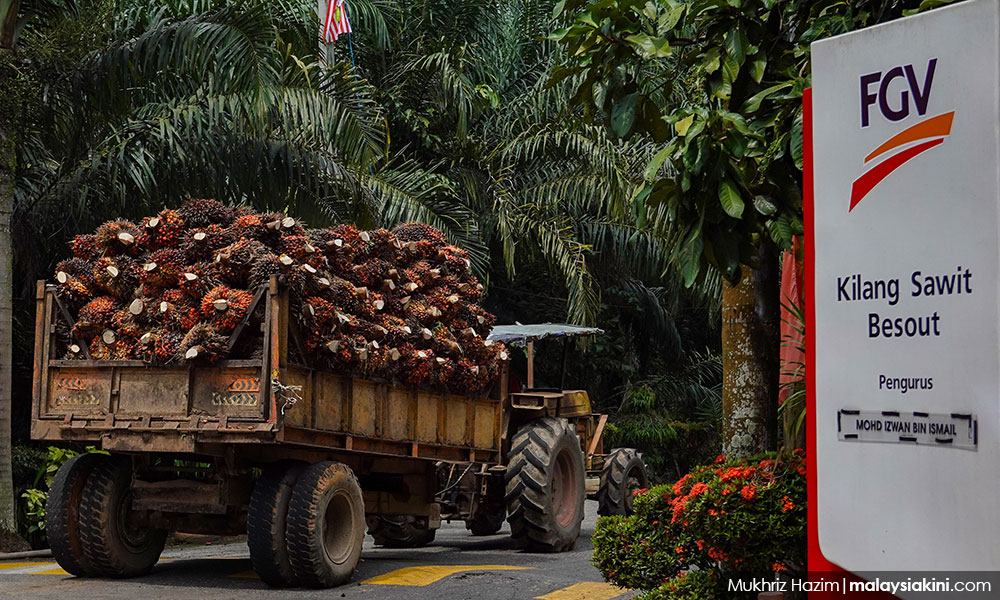Migrant rights NGO Tenaganita has clarified its dealings with FGV Holdings Bhd are unrelated to helping the latter address its issues with the US Customs and Border Protection (CBP).
Neither was the NGO's association with the government-linked company (GLC) proof Tenaganita “endorsed” FGV's labour practices.
The US CBP has banned all FGV palm oil and palm oil products from being imported into the United States since Sept 30, 2020.
This was communicated in a Withhold Release Order (WRO) following allegations of forced labour in FGV.
Yesterday, FGV’s Group Sustainability Division chief Nurul Hasanah Ahamed Hassain Malim reportedly said the GLC was addressing the WRO by working with NGOs like Tenaganita.
"We have been working together with a few other NGOs also under the umbrella initiative with FLA (Fair Labor Association), including Tenaganita, to enhance the knowledge and awareness of our migrant workers with regards to their rights.
"We are currently working on enhancing our previous mechanisms to ensure that our workers have a direct avenue to lodge their complaints or raise any issues through technology to the management,” she was quoted as saying in a The Edge report.
Government-owned newswire Bernama also carried a similar report, as published by Malay Mail.
In a statement today, Tenaganita executive director Glorene Das (above) `sought to correct Nurul Hasanah’s comment.
“We would like to state categorically that Tenaganita’s engagement with FGV to raise human rights awareness among migrant workers is quite independent of FGV’s issues with the US CBP,” she said.

Glorene underscored that Tenaganita’s work with the GLC did not mean it endorsed the latter’s practices.
“Tenaganita accepted FGV’s invitation (before the WRO was issued) to work with the company to implement a human rights training programme for the workers as part of Tenaganita’s ongoing work on human rights and labour rights among workers in Malaysia.
“It was made abundantly clear to FGV that while Tenaganita was prepared to collaborate in good faith with FGV in its avowed commitment to comply with international labour standards and to protect human rights, Tenaganita’s engagement with FGV was in no way to be construed as an endorsement of the company’s policies and practices in this regard,” she stressed.
Glorene added that while they wished FGV success in resolving issues with the US CBP, they regret that Tenaganita’s engagement with FGV is being used directly or indirectly to lend credence to the company’s efforts to improve its human rights record.
Last year, US CBP said it took action against FGV after a year-long investigation revealed forced labour indicators including abuse of the vulnerable, deception, physical and sexual violence, intimidation and threats, and retention of identity documents.
Forced child labour was also a concern.
In response to the damning revelation, FGV denied the forced labour and other allegations.
It said its migrant workers were hired through legal channels, and none were contract workers.
FGV said it compelled suppliers to adhere to a code of conduct and did not tolerate human rights infringements or criminal offences. - Mkini




No comments:
Post a Comment
Note: Only a member of this blog may post a comment.